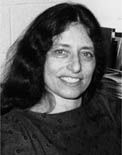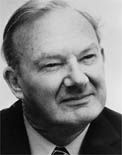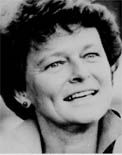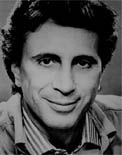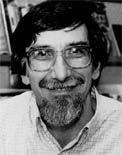1992 – Carol Gilligan
By listening to the way children and teen-agers speak about themselves and their lives, Carol Gilligan changed the way educators think about adolescent development and education. That research, revealed in her book “In a Different Voice: Psychological Theory and Women’s Development,” led to Gilligan’s selection as winner of the 1992 award. In the book, Gilligan […]

